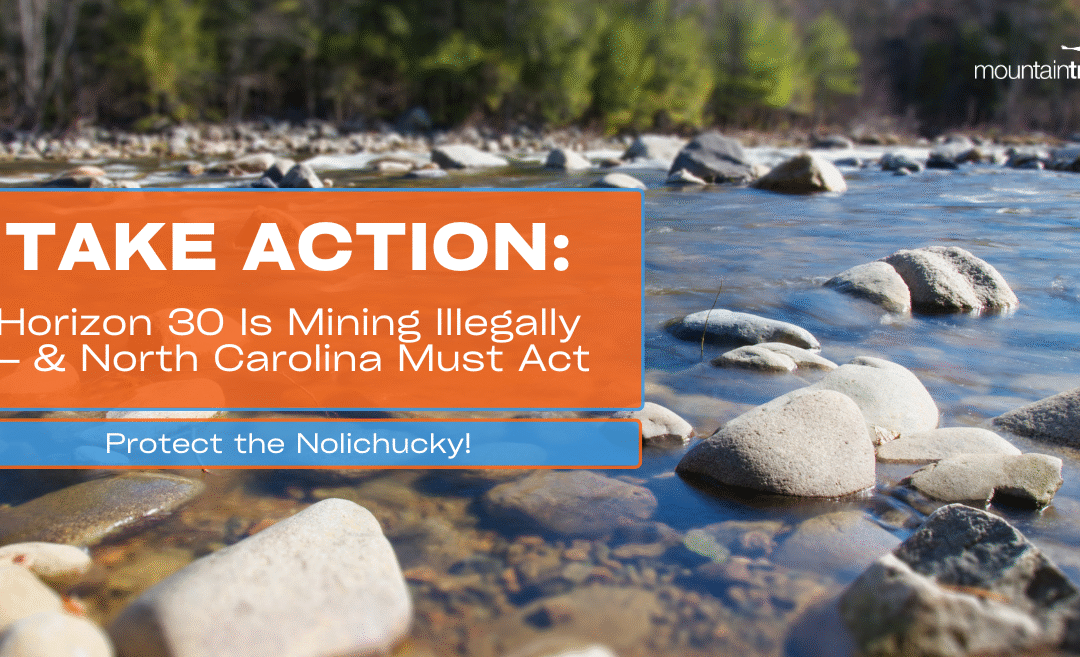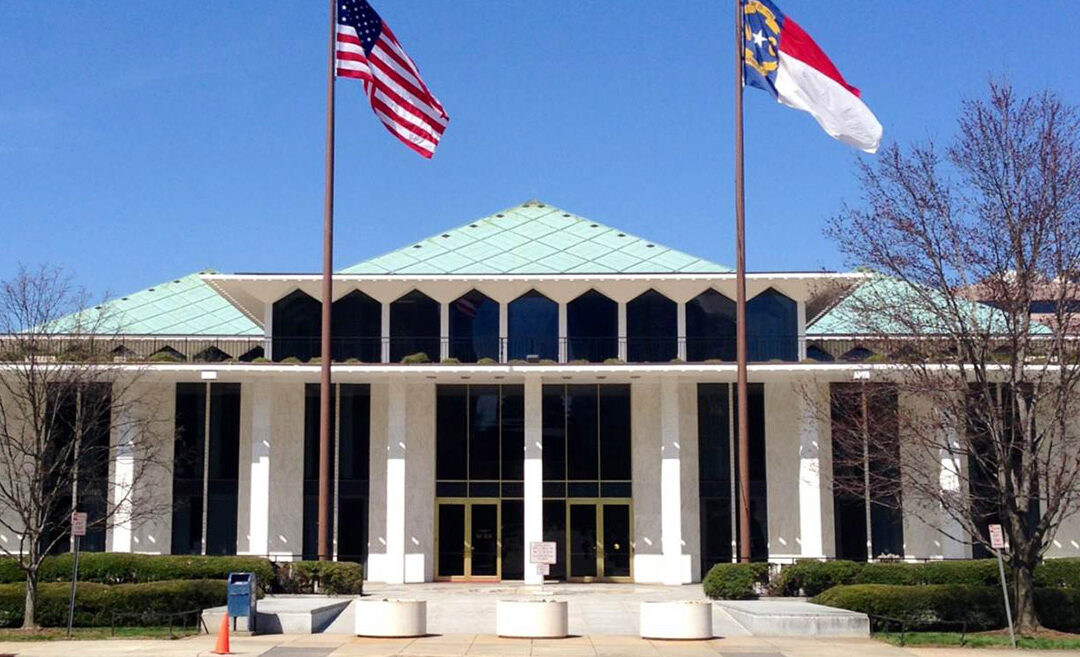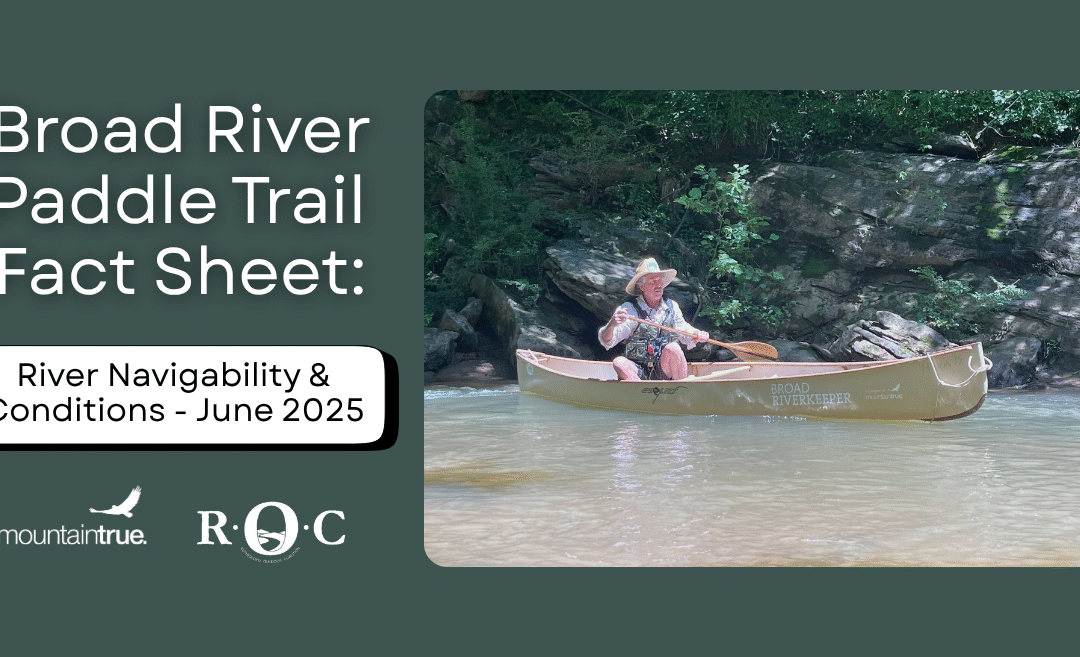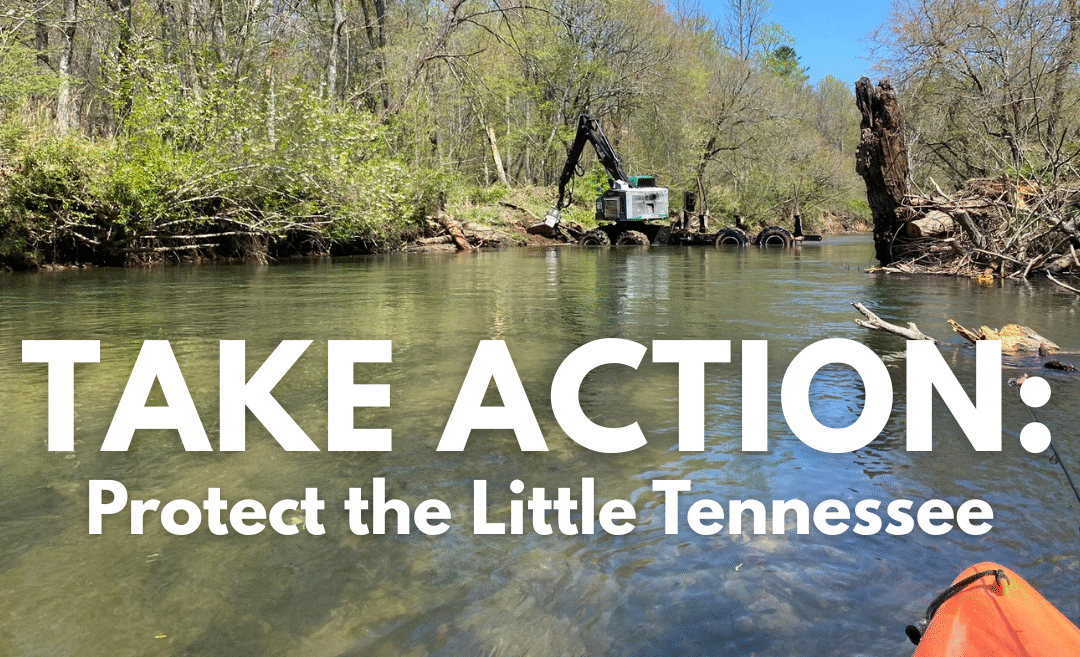


31 Tips for Plastic-Free July
31 Tips for Plastic-Free July
31 Ways to Reduce Plastic Pollution for Plastic-Free July
- Carry reusable shopping bags
- Bring containers to a restaurant with you for leftovers.
- Compost waste scraps
- Bring your own reusable utensils / at food trucks or takeout, refuse bags, plastic cutlery, and condiment pouches.
- BYO coffee cup
- Participate in a river or roadside cleanup
- Avoid individually wrapped items
- Replace beauty/hygiene products with natural alternatives like bamboo or cotton
- BYO water bottle.
- Opt for produce not wrapped in plastic, or shop from a farmers’ market.
- Avoid plastic condiment packets
- Shop from the bulk bins, and bring your own containers or bags.
- Avoid straws.
- Choose products with no or minimal plastic packaging.
- Try bar soap or shampoo.
- Choose glass or metal food storage containers
- Line trash cans with paper or compostable bags
- Avoid synthetic fibers
- Try toothpaste tablets
- Repair something instead of replacing it.
- Use washcloths instead of sponges or loofahs.
- Advocate for policy change
- Shop refill stores when and where you can.
- Make DIY cleaning products with vinegar, baking soda, and lemon.
- Use laundry sheets and dryer balls.
- Make your own salad dressing or buy condiments and dressings in glass.
- Use beeswax wraps instead of plastic wrap
- Use reusable bags and jars instead of plastic baggies
- Avoid disposable razors
- Use powder or plastic-free dishwasher and laundry detergent
- Audit your own plastic use.
Extra tips:
Buy bulk mulch vs. bagged.
Bring your own produce bags to the store, instead of using the single-use plastic ones offered.

MT Raleigh Report: NC General Assembly Wraps Up for Summer – With Key Wins for WNC Disaster Recovery
MT Raleigh Report: NC General Assembly Wraps Up for Summer – With Key Wins for WNC Disaster Recovery
June 30, 2025
Last week, the North Carolina General Assembly wrapped up what is expected to be the bulk of its work for the 2025 legislative session — with one major exception. Here’s a look at what lawmakers accomplished, what remains unresolved, and how MountainTrue’s advocacy made a difference for Western North Carolina and the ongoing recovery from Hurricane Helene.
Progress on Disaster Recovery for WNC
Despite failing to pass a full state budget (more on that below), House and Senate leaders came together at the last minute to approve nearly $500 million in disaster relief funding — including several items MountainTrue directly advocated for and supported:
- $10 million to repair, modify, or remove dams damaged by Hurricane Helene
- $3 million for landslide hazard mapping in Western North Carolina
- $15 million for the NC Forest Service to strengthen wildfire preparedness, including equipment and contract services
- $16 million for the Town of Canton, including:
- $2 million in emergency operating support to maintain wastewater treatment services
- $14 million for acquisition and development of a new regional wastewater treatment facility outside the floodplain — a major step forward for long-term resilience and environmental protection
These critical investments represent real progress for our region and reflect the strength of your support and our collective advocacy efforts.
Budget Impasse Continues
Unfortunately, the General Assembly adjourned without approving a new state budget. At the heart of the deadlock: a bitter standoff between House and Senate Republicans over tax policy.
- House Republicans want to freeze previously approved tax cuts that are just now taking effect, citing warnings from nonpartisan economists about future budget shortfalls.
- Senate Republicans dismiss those concerns and are pushing to accelerate the cuts.
Until this impasse is resolved, negotiations over the rest of the $32 billion state budget — including funding for schools, healthcare, infrastructure, and environmental protection — remain on hold.
What’s Next
The legislature is expected to take most of the summer off, returning sporadically until one side gives ground. In the meantime, MountainTrue’s advocacy team will be ready, continuing to push for smart investments and policies that protect our rivers, forests, and mountain communities.
We couldn’t do this work without you — thank you for standing with us.

Broad River Paddle Trail Fact Sheet – River Conditions as of June ’25
Broad River Paddle Trail Fact Sheet – River Conditions as of June ’25
Broad Riverkeeper David Caldwell and Rutherford Outdoor Coalition worked together to create a Broad River Paddle Trail fact sheet detailing the conditions of individual sections of the Broad River as of June 2025.

MT Raleigh Report – Legislative Update: Crunch Time in Raleigh: Where Key Bills for WNC Stand
MT Raleigh Report – Legislative Update: Crunch Time in Raleigh: Where Key Bills for WNC Stand
Memorial Day marks the unofficial start of summer—but in Raleigh, it signals something else: the homestretch of the North Carolina General Assembly’s legislative session.
While our legislature doesn’t have a firm end date, the new fiscal year begins on July 1. Republican leaders in both the Senate and House—where the GOP holds majorities—are signaling that they want to finalize a state budget and wrap up the session soon after.
That means the next few weeks will be the most important of the year for shaping North Carolina’s policies and spending priorities. Key decisions are still up in the air, and lawmakers will need to find agreement—or risk dragging the session deep into the summer or leaving town without finalizing a budget, again.
Here’s where things stand—and how they affect Western North Carolina:
Helene Recovery: Progress, But More Work Ahead
The Senate’s proposed budget includes $700 million for disaster recovery following Hurricane Helene—but offers no details on how or when the funds would be used.
Meanwhile, the House has taken a clearer step forward, passing a stand-alone recovery bill—House Bill 1012 (HB1012)—that allocates $464 million in targeted relief, including $60 million for a long-overdue small business loan program, $45 million for water infrastructure and underground storage tank bridge loan programs, $55 million for NC Dept. of Agriculture for wildfire preparedness, streamflow assistance, and other farm assistance, $12.5 million for state and local park cleanup, and $15 million for debris removal unmet needs, among other items.
Thanks to weeks of advocacy by MountainTrue and our supporters, the House bill also includes $10 million for dam removal—a critical investment that would unlock federal funding to remove aging, hazardous dams that pose a serious risk during heavy storms, including the over 40 dams severely damaged in Helene that are now prone to failure. HB1012 now heads to the Senate for consideration.
The Budget Battle
Crafting the state’s two-year budget remains lawmakers’ top task—but it won’t be easy. Budget forecasts show potential deficits in the coming years. While House Republicans want to slow the pace of tax cuts until revenues rebound, Senate Republicans are pushing for faster, deeper tax cuts and dispute the deficit projections.
On Helene recovery, both chambers agree more help is needed—but differ on how to deliver it. The House wants to pass HB1012 on its own, avoiding delays tied to broader budget negotiations. The Senate appears likely to fold the bill into the budget, making it harder for Democrats to oppose—or for Gov. Josh Stein to veto—without jeopardizing critical relief.
Housing: ADUs Can Help Fix the Crisis
One of MountainTrue’s top legislative priorities is promoting housing options that allow us to address our housing shortage without creating sprawl and negatively impacting our natural environment. That’s why we support reforms such as legislation that would require local governments to allow the construction of Accessory Dwelling Units (ADUs)—also known as “granny flats” or in-law suites.
These small homes, often built on lots with existing houses, provide lower-cost, in-fill housing so we can build in and up instead of out into our forests, farms, and open spaces. While several ADU bills have been introduced, they’ve stalled in both chambers. MountainTrue is urging lawmakers to move forward on ADU legislation before the end of the session.
How You Can Help
The decisions made over the next few weeks will shape North Carolina’s future—and your voice matters.
Please contact your state Senator and urge them to:
- Support the dam removal funding in HB1012 to protect communities and leverage federal dollars.
- Pass HB1012 as a stand-alone bill, so critical aid reaches families, small businesses, and local governments without delay.
- Advance SB495 to allow Accessory Dwelling Units, a practical step to increase affordable housing options in our communities.
Thank you for standing with MountainTrue as we fight for a cleaner, healthier, and more resilient Western North Carolina.

Take Action to Protect the Little Tennessee River
Take Action to Protect the Little Tennessee River
The Little Tennessee River is home to an incredible diversity of life: over 100 fish species alone, including some found nowhere else in the world. The river and its adjacent greenway are also a beloved recreational resource for Macon County residents and tourists alike. But over the past few weeks, the banks of the river have been under assault by U.S. Army Corps of Engineers contractors, removing hundreds of trees, many of which were still alive. Take action now to prevent further damage to the river!
While large-scale debris removal continues to be a high priority in many parts of Western North Carolina in the aftermath of Hurricane Helene, the Little Tennessee River did not experience those same impacts; only normal flooding. Apart from a few localized areas, like the Cullasaja River across from Walmart, there is no need for disaster recovery-type debris removal in Macon County waterways. And yet, contractors started near Tryphosa Road in Otto and have been working their way down the river, removing trees and debris from the river channel and banks in areas where no flooding impacts occurred.
Native trees and shrubs along waterways are vital for preventing erosion, providing shade for our coldwater fisheries and wildlife habitat. Wood is also important for streams — it provides habitat for fish, salamanders, and aquatic insects, backwater areas for wood ducks and other waterfowl, and can reduce the velocity of the water during a storm event.
Erosion that will undoubtedly happen as a result of this work will contribute to more flooding and land loss in future storms and will negatively impact fish, freshwater mussels, and other aquatic animals.
The Little Tennessee River continues to be negatively impacted by overzealous removal of trees and wood by contractors who are under the oversight of the U.S. Army Corps of Engineers at the request of the Macon County government. Ask US Army Corps of Engineers Emergency Management Branch Chief George Minges and Macon County Fire Marshal Jimmy Teem to ensure that future work is limited to only Helene-related debris!
Thank you for supporting a healthy Little Tennessee River!
More info & important insight
Read wildlife biologist Jason Love’s Letter To The Editor, published in The Franklin Press on April 23, 2025.
